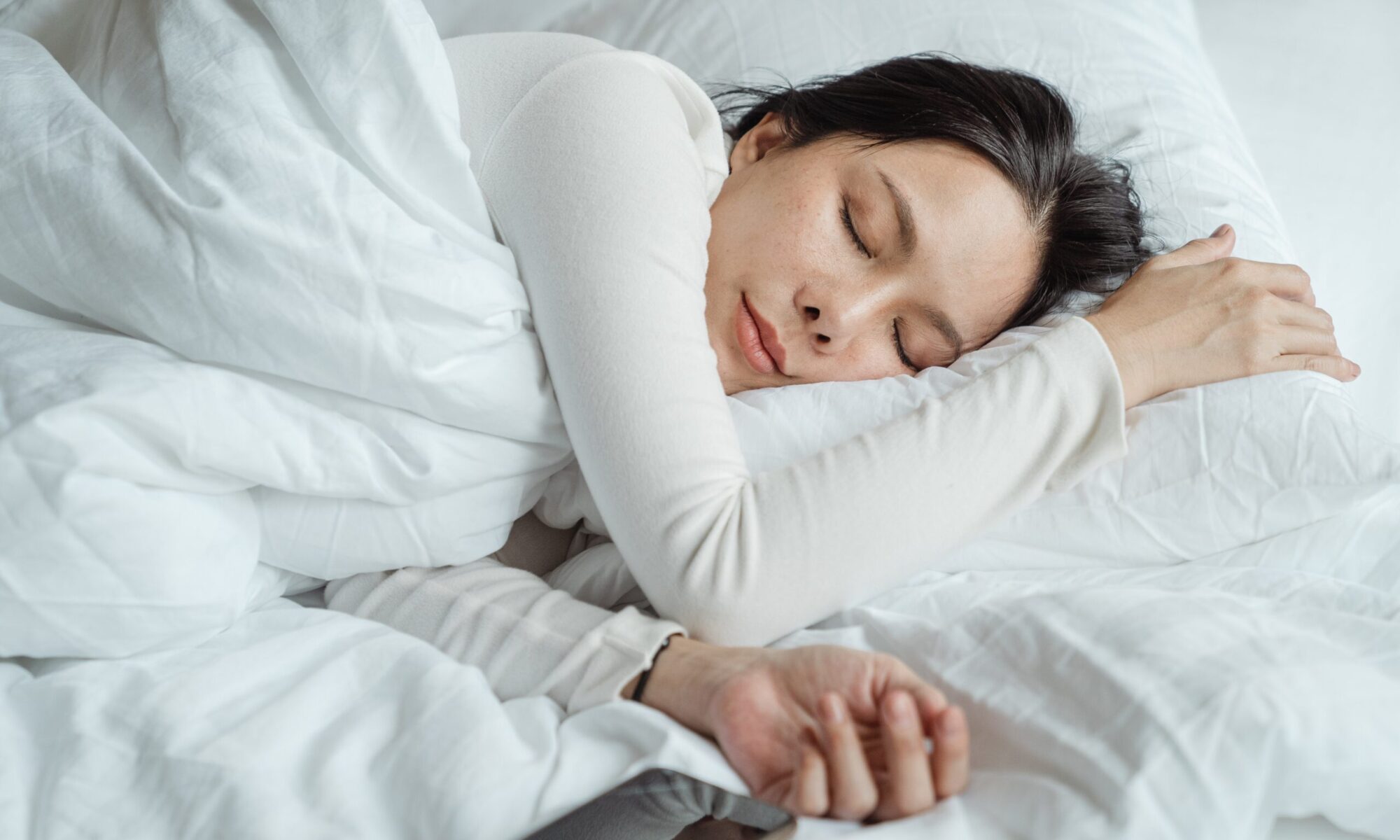Did Thomas Edison have insomnia?
Thomas Edison was constantly sleep deprived., but did it matter?

One of the most influential inventors of our time, Thomas Edison had a love-hate relationship with sleep. He was a known workaholic, and publicly broadcast the belief that sleep is a sign of laziness and people who slept often would fall behind.
It is claimed that he said: “Most people overeat 100 percent, and oversleep 100 percent, because they like it. That extra 100 percent makes them unhealthy and inefficient. The person who sleeps eight or ten hours a night is never fully asleep and never fully awake – they have only different degrees of doze through the twenty-four hours.”
Edison carried his sleep deprivation as a badge of honor, but often did not practice what he preached. Much can be learned from his sleep diary, which he stopped recording frequently after the age of 40.
According to his sleep diary, Edison was a huge fan of a good night’s sleep and would start off his day by ranking the quality of his sleep. He noted in his diary that he took advantage of the hours immediately after he woke up, when he claimed he was most productive.
So, was he an insomniac, a braggart, did he have an altered genetic expression, a sleep style which changed in time or just a committed workaholic? We may never know but we can draw from this that everyone has individual styles and everyone has individual needs. We can’t always be driven by the “norm” (read statistical or believed average).
…………………………………
So, do you have insomnia?
A good question – one of the hardest things in life is to know “whether it’s you or everyone else” right? The other thing is to retain insight when you think it may be one or the other!
One of Insomnia’s main issues has always been he worry of what will happen if you don’t sleep. This vicious cycle repeats itself as the sufferer sinks into the abyss of worrisome and fast disappearing restful sleep.
So, just how much sleep should I be getting anyway?
Good question, and like everyone else, “it depends”. In my opinion, first of all there’s a genetic component, then a behavioural (learned or familial) then a physiologic one. We don’t have any control over the first, the second we do – unless we need the shiftwork income. The third is how much do we need on a daily basis and ties in to the first two, plus gender, age and health status.
How much exercise do we need to stay healthy? I don’t know. How much food do I need? I don’t know. How much sleep do I need? I don’t know. I know what you’re thinking – “well there’s not much point in asking you then is there?”
But think about it. Doesn’t your need depend on how busy you were today, how much sleep you got last night, did you nap, etc.?
Those of you hoping the answer for you is 8 hours will be disappointed with that answer. I’ve always said 8 hours because statistically and intellectually it’s a good starting point and clearly, we live in a sleep deprived society. If we say 8 and only get 6, we may still be just fine. So, don’t despair if you don’t get 8. You can use it as a guide but remember you’re unique (not special, just unique.)




